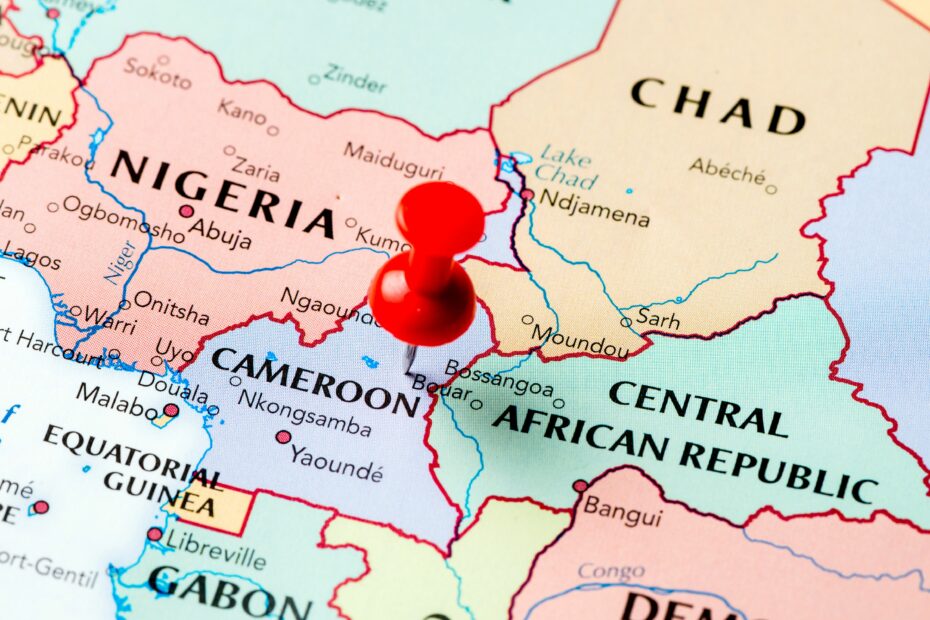Cameroon, a country located in Central Africa, is a country full of captivating landscapes, vibrant cultures, and a rich historical blend. From its diverse geography to its thriving economy, Cameroon offers a unique experience that is sure to leave a lasting impression on visitors. Let’s explore the wonders of this beautiful nation.
Geography and Climate
Cameroon boasts a diverse geographic makeup with a variety of natural features that include beaches, deserts, mountains, and rainforests. The country’s terrain transitions from the coastal plains in the south, through the hilly middle regions, to the Sahelian zone in the far north. The highest point is Mount Cameroon, one of Africa’s largest volcanoes, standing at over 4,000 meters. Read Also: Exploring Benin: The Vibrant Land of Rich Traditions
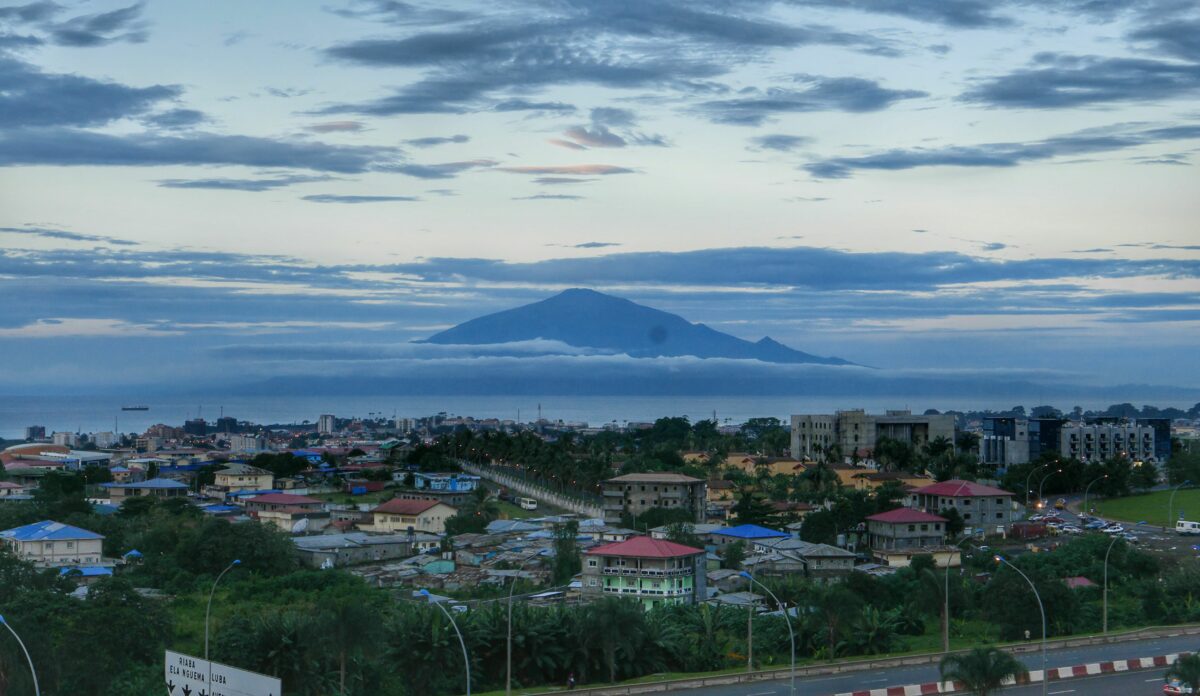
The climate of Cameroon is equally diverse, ranging from the hot and dry conditions of the Sahel in the north to the humid and rainy conditions of the tropical rainforest region in the south. This region experiences two distinct seasons – a wet season from May to November and a dry season from December to April. Meanwhile, the middle and coastal regions are warm and humid year-round, with a long rainy season and a short dry season.
History
The history of Cameroon is as diverse and rich as its geography. The earliest inhabitants of the region were probably the Baka (Pygmies). By the 10th century AD, the region was being infiltrated by the Bantu-speaking peoples, and by the 14th century, the coastal areas were occupied by Duala (or Douala) peoples, who had developed wealthy and powerful chiefdoms. The Portuguese arrived in the 16th century and opened the Cameroon coast to trade. They also introduced bananas, maize, and cassava to the local diet.
During the period of the Atlantic slave trade, many Cameroonians were enslaved and shipped to plantations in the Americas. In the 19th century, the British and Germans signed treaties with the local chiefs, and both countries began to establish colonies. The country was divided into French and British administrative zones after World War I, and each colonial power developed its zone according to its own plan. This history has left Cameroon with a dual cultural heritage, which can be seen in its official languages—French and English—and in the country’s political structure, which includes both a unitary component and a federal component.
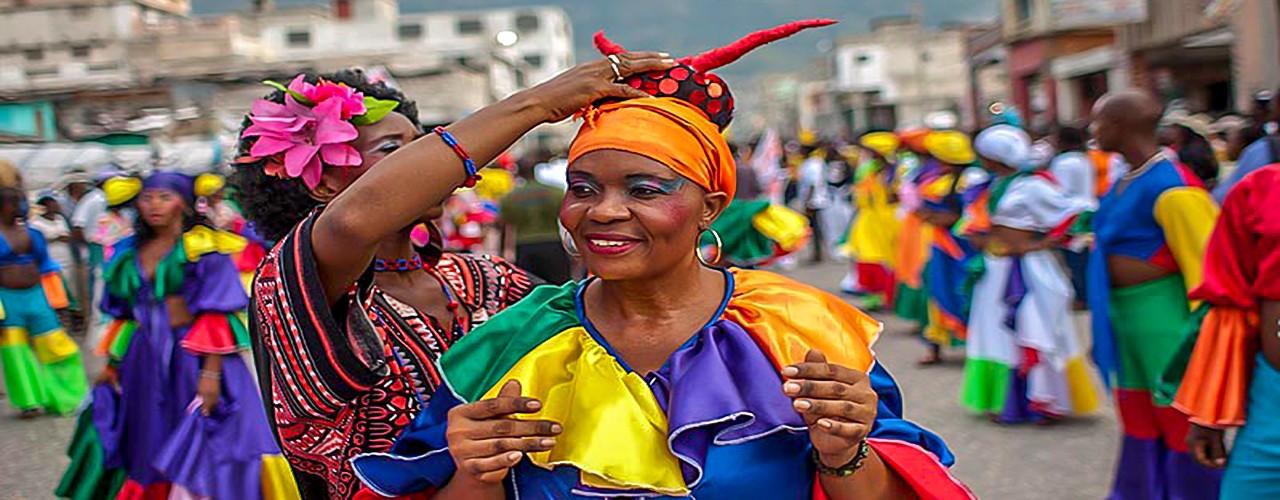
Culture and Traditions
Cameroon’s culture is a vibrant blend of over 250 indigenous ethnic groups, each with its own unique customs, traditions, and languages. The country is often referred to as “Africa in Miniature” due to its remarkable cultural diversity. Traditional music and dance loom large, with distinctive variations between the north, with its Arabic influences, and the south, with its Bantu and Semi Bantu characteristics. Folklore is an essential part of Cameroonian culture, with oral storytelling traditions passed down through generations.
Traditional dress varies by ethnic group but commonly includes brightly colored flowing robes, embroidered tunics, and elaborate headwear. The ‘toh,’ a tall red hat worn by men in the northwest region, is a particularly iconic symbol of Cameroonian culture. Read Also: 7 Kenyan dishes to savour while exploring the country
Festivals and ceremonies provide insight into the profound respect Cameroonians hold for their ancestral traditions. The Ngondo Festival of the Sawa people, celebrated annually in Douala, highlights traditional rituals, music, and dance, while the Nguon Festival of the Bamoun people is a royal court event that takes place every two years.
Food and cuisine
Cameroonian cuisine is diverse and rich, drawing influences from its indigenous populations, as well as French and English colonial past. The country’s geographical diversity, ranging from the coast to Savannah and mountains to rainforest, allows for a wide variety of ingredients. Staple foods include cassava, yams, plantain, and maize, often served with spicy sauces and flavorful proteins.
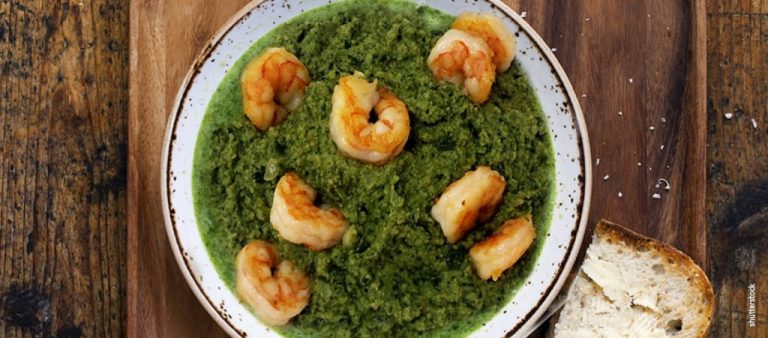
One popular dish is Ndolé, a hearty stew made with bitter leaves, nuts, and fish or beef. Another traditional dish is Koki, a savory cake made with black-eyed peas and red palm oil, often served with cassava tubers. Brochettes, similar to kebabs, are a common street food, often accompanied by fried plantains. On the coast, dishes feature an abundance of fresh seafood, including shrimp and fish.
Cameroon’s beverages also offer unique flavors. Palm wine, a sweet, fermented drink made from the sap of various species of palm trees, is a popular traditional beverage. For non-alcoholic options, hibiscus and ginger drinks provide refreshing alternatives. Food in Cameroon is more than just sustenance; it is a form of expression, a way to celebrate community and tradition. Every dish tells a story of the rich cultural tapestry that constitutes this vibrant nation.
Tourist Attractions
Cameroon boasts a wealth of tourist attractions that showcase its diverse landscapes and rich cultural heritage. One such attraction is the Waza National Park. Located in the Far North Province, it is a haven for wildlife enthusiasts, home to species such as elephants, giraffes, and lions. It is one of Central Africa’s finest wildlife reserves.
For those interested in history, the Palace of the Sultan of Foumban is a must-visit. This 100-year-old palace, with its unique blend of Islamic and local architectural styles, houses a museum displaying royal artifacts and tells the story of the Bamoun dynasty.
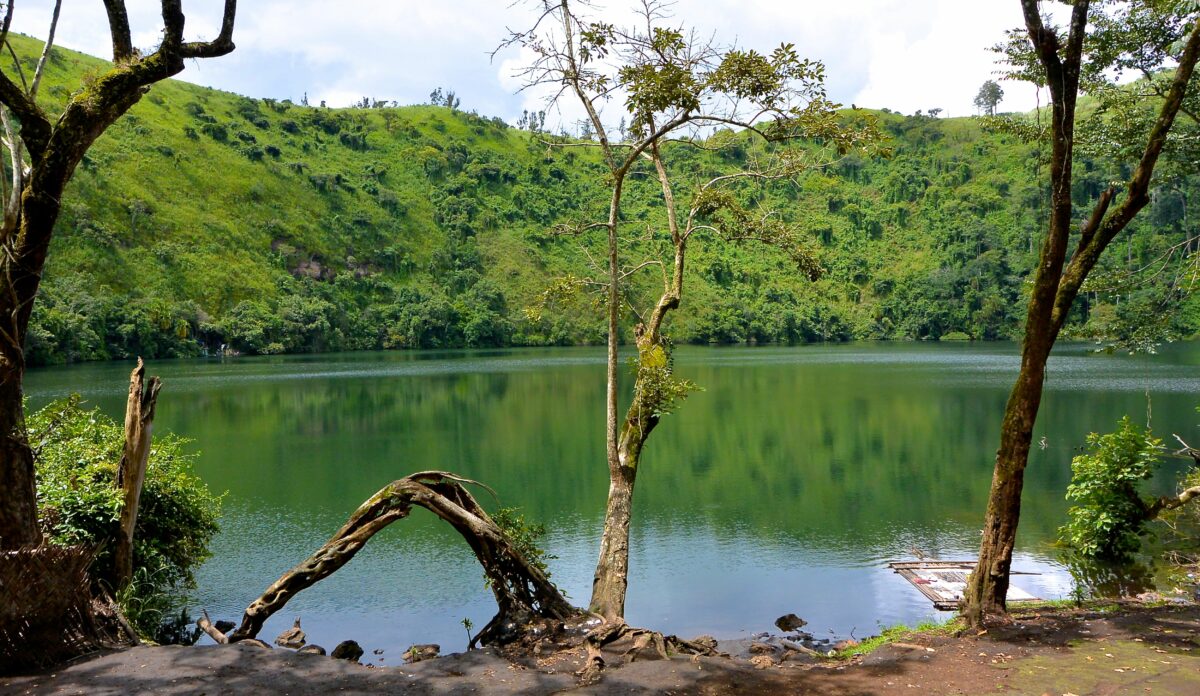
Nature lovers will be drawn to Mount Cameroon, the highest peak in West Africa, offering challenging treks and stunning views. Lush rainforests surround the mountain and have an extensive network of hiking trails. The stunning landscapes of the Ring Road offer a scenic journey through picturesque villages, waterfalls, and lush plantations.
For those seeking relaxation, the idyllic beaches of Limbe and Kribi are perfect for unwinding and enjoying the beauty of the Atlantic Ocean. The coastal city of Limbe, known for its black sand beaches, is another popular destination. The Limbe Wildlife Centre and the Limbe Botanical Gardens are key attractions here.
Tourists can also explore the bustling markets of Douala, Cameroon’s economic capital, for an authentic taste of local life. From natural wonders to historical sites, Cameroon offers an intriguing blend of attractions that cater to all types of travelers.
Economy
The economy of Cameroon is among the most diversified in Africa, with its growth being primarily driven by the oil and gas sector, as well as agriculture. The country holds a strategic position in Central Africa, which aids in its economic development.
Agriculture plays a pivotal role in Cameroon’s economy, providing employment for more than half the population. The country produces a variety of crops, including cocoa, maize, cassava, and yams, for local consumption and export. In addition, the livestock sector is growing, providing meat and dairy products to both local and international markets.
Cameroon’s oil and gas sector is another key pillar of the economy, with the country being a significant petroleum and natural gas producer in the region. The sector contributes significantly to the nation’s GDP and is a primary source of foreign exchange.
The country is also making strides in the development of its manufacturing sector, with industries such as textiles, food processing, and automobile production witnessing growth. Furthermore, the services sector, particularly telecommunications and banking, is expanding, aided by the government’s investment in digital infrastructure.
Bottom Line
Cameroon, with its captivating geography, rich culture, and dynamic history, offers a fascinating experience for travelers. Whether exploring the diverse landscapes, immersing yourself in vibrant traditions, or discovering the country’s economic potential, Cameroon is a destination that leaves a lasting impression.

